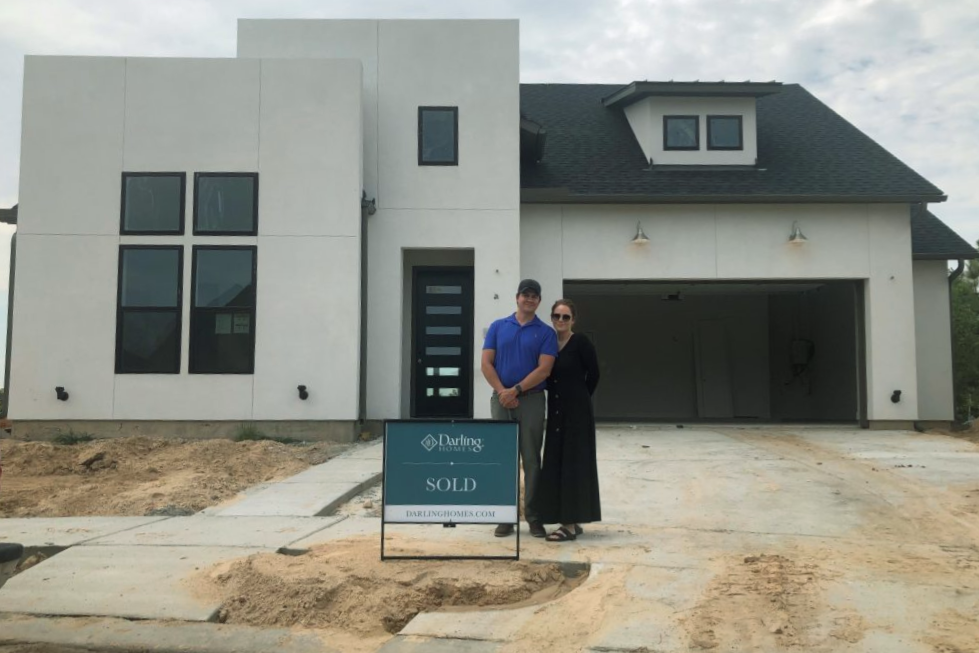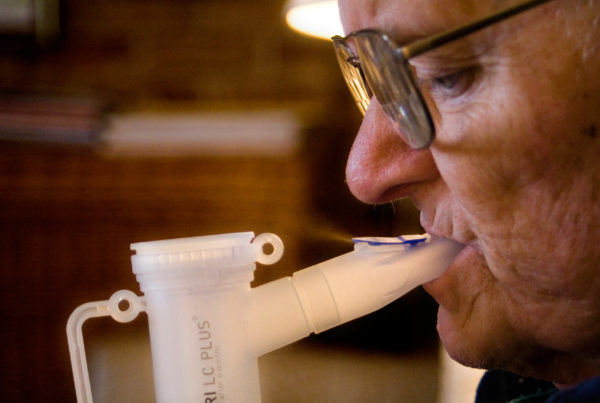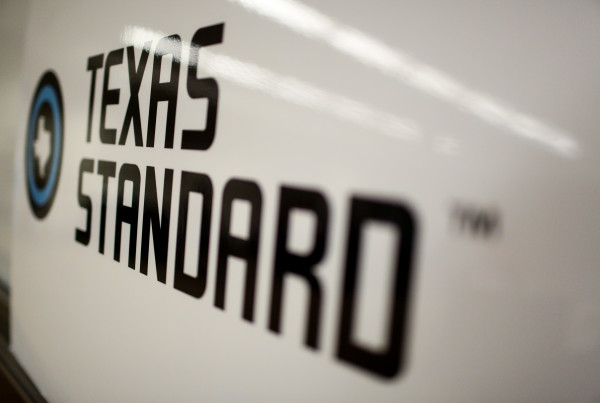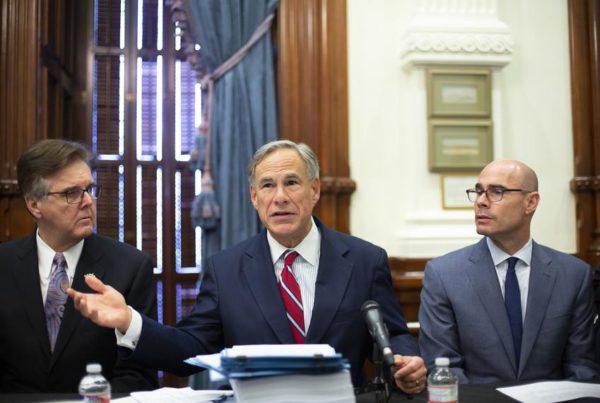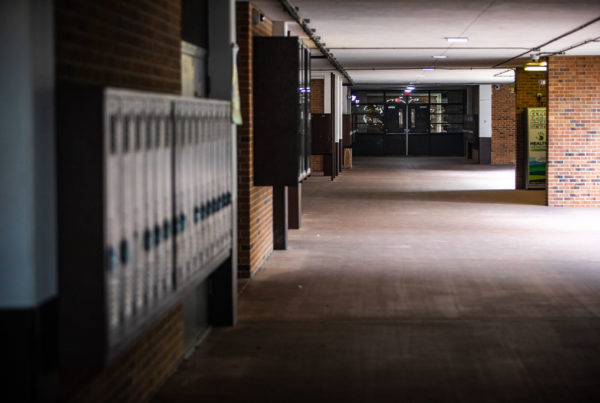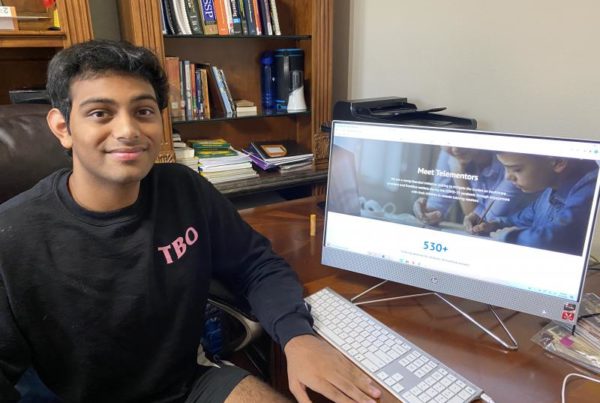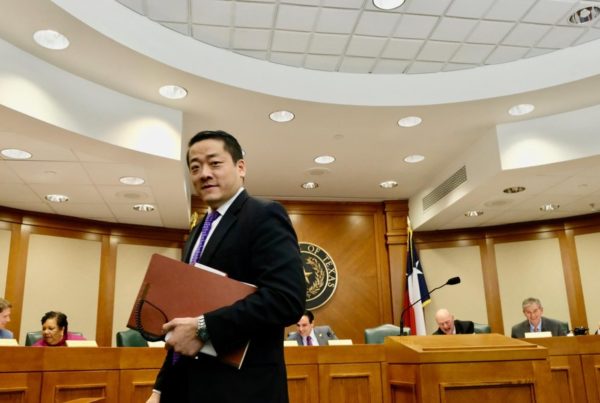From Houston Public Media:
Kyle Goldstein and his wife Molly had been looking for a new house for quite a while – nearly the past two years. But despite finding nice homes, for some reason it never worked out.
“One didn’t appraise, another one the inspection didn’t look too good, another one another buyer came in with a higher offer and (got) in a bidding war,” Kyle Goldstein said.
Then in February they looked at model homes in the Bridgeland community in the Cypress-Fairbanks area, just a few minutes from their current house.
“Immediately, once I saw the floor plan that I was interested in, I kind of knew that this has the potential,” he said.
The new house is now being built and they expect to move in by early October.
The couple is among the many Houstonians who are buying a house right now — even amid a pandemic that’s shaken up the U.S. economy.
After dips in sales during the first months of the pandemic, the single-family housing market came roaring back. In June, home sales jumped 16% from last year, and even more last month — up 23%.
The record sales are puzzling some economists.
“Why is housing staying so strong when we’re still down over 200,000 jobs of where we should be?” Patrick Jankowski, regional economist and senior vice president at the Greater Houston Partnership, asked during a recent webinar.
He has a few theories, including pent-up demand after the slow sales months, historically low interest rates and need for more space as more people are working from home.
That’s echoed by Jim Gaines, chief economist at Texas A&M University’s Real Estate Center.
“It’s still down year-to-date from last year, from 2019,” Gaines said. “But we’re expecting…August probably to be again positive year-over-year.”
Many job losses during the pandemic are in lower-income industries such as hospitality, including bar and restaurant workers, Gaines said. And a lot of people working those jobs are renters.
“As renters, they weren’t necessarily yet ready to enter into the homebuying market,” Gaines said. “So the high level of unemployment affecting the home sales is because the high level of unemployment affected more on the rental side than on the homeowner side.”
In fact, the multi-family housing market is not doing so well, and many landlords are offering incentives to fill their apartments.
While there are job losses in the oil and gas industry, where people usually enjoy relatively high incomes, Gaines said the good news is since the oil market tanked in late 2014, Houston’s economy has diversified even more.
“The community is better able to absorb that single industry decline and not have a complete tailspin in the housing or the general economy,” he said.
But going back to mid-March, when the city and county shut down bars and restaurants and eventually all non-essential businesses in order to contain the spread of the coronavirus, the housing market went into a tailspin.
“When it first started, we didn’t know if we had the plague on our hands,” said Christi Borden, a Realtor with Better Homes and Gardens Real Estate Gary Greene.
Thankfully, real estate was designated an essential business in Harris County, she said, and so Realtors never had to shut down. Many open houses were conducted online. But it was the uncertainty among sellers, buyers and agents that had home sales drop about 20% in both April and May.
That changed in June.
“Either they got to the point where, ‘I’m tired of pausing, I need to get this going,’ or they had enough of isolating where they are and wanted something new,” Borden said.
That, she said, could mean more buyers leaving apartments in the city and instead looking to buy in the suburbs.
“Back when it was important for me to be able to be in a place where, yeah, I’m in a tiny home but I can walk to all the bars, well, right now there’s nowhere to walk to, you’re in a tiny home,” Borden said, “or you can live out in the ‘burbs with a big pool in your backyard and your margarita machine. You don’t need the bar.”
Experts doubt the buying spree is sustainable. Home sellers continue to hold back, which has led to a low supply, meaning sales will most likely decline this fall.
Back in Bridgeland, Kyle Goldstein appreciates the neighborhood’s hike and bike trails that he said are being used a lot more since the start of the pandemic.
“We’ve had multiple conversations where we’re like, we wish we would have gone into this pandemic in this new home,” he said, “because we would have access to all this outdoor space, this green space.”


